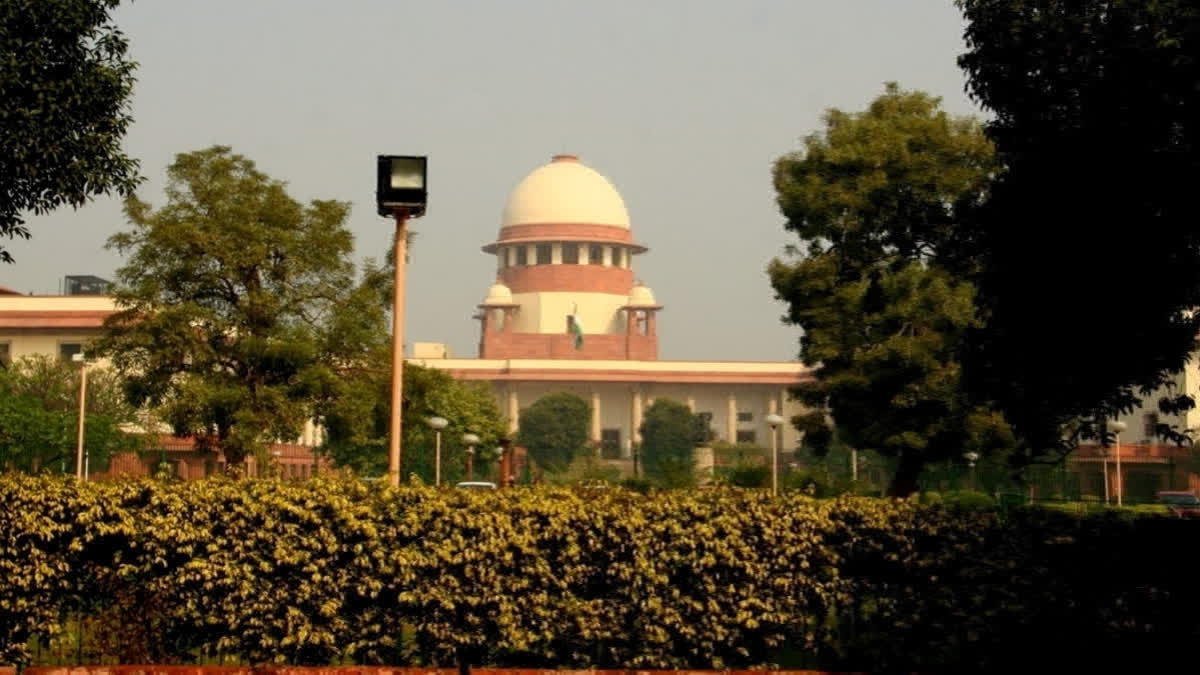New Delhi:The Supreme Court on Friday said a broken relationship by itself would not amount to abetment to suicide while setting free a man implicated in the case of the suicide of a girl after he declined to marry her.
A bench comprising Justices Pankaj Mithal and Ujjal Bhuyan said: “There is no direct evidence adduced by the prosecution to prove that the accused-appellant has in any way instigated or provoked the deceased to commit suicide. The accused-appellant on asking of the deceased had simply refused to marry her which is not a positive act on his part with any intention to abet the crime of suicide”.
Citing a judgment Prabhu vs. State represented by Inspector of Police & Anr (2024), the bench said that the court had observed that broken relationships and heartbreaks are part of everyday life and that breaking-up of the relationship would not constitute any instigation or abetment of suicide inasmuch as in order to constitute ‘instigation’ it must be shown that the accused had by his acts and omissions or by continued course of conduct created such circumstances that the deceased was left with no other option except to commit suicide
The bench said the accused-appellant had simply refused to marry the deceased and thus, even assuming there was love between the parties, it is only a case of a broken relationship which by itself would not amount to abetment to suicide.
The bench said even in cases where the victim commits suicide, which may be as a result of cruelty meted out to her, the courts have always held that discord and differences in domestic life are quite common in society and that the commission of such an offence largely depends upon the mental state of the victim.
"Surely, until and unless some guilty intention on the part of the accused is established, it is ordinarily not possible to convict him for an offence under Section 306 IPC," said the bench.
